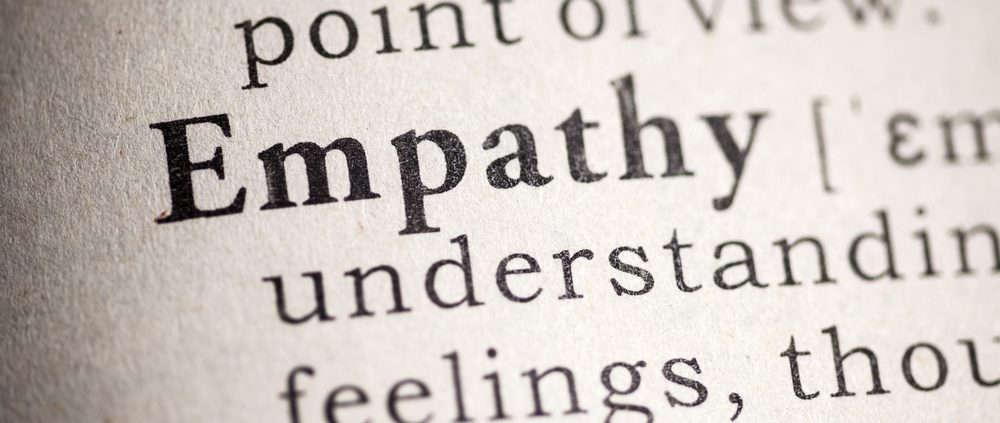Empathy as a strategy
We often hear about empathy, and certainly many of you have heard its definition as ‘the ability to put yourself in somebody else shoes’.
If we stop to think about this concept it seems natural, doesn’t it? Who has not seen a movie and got moved feeling the joy or sorrow of the protagonist?
While it is true that there are people that are more easily and willingly empathetic, it is true that being empathic is tremendously complicated.
Ego, give me a break…
Our day to day, the fight that I had this morning with my son, the ticket that I just got… we live immersed in ourselves, in our concerns, prejudices, status.
Do you think you can listen empathetically without giving up what is ours? Our thinking, our view of seeing things, our insecurities, among others, block the ability to truly understand the other.
Empathy is only possible if we manage to listen leaving aside our concerns, viewpoints and values to enter the world of the other. Truly and without pretense. And how difficult it is!
And where is the strategic part?
Empathy is effective and makes us better. Better leaders, better mates, better friends, better salesperson, better parents, children, people…
Empathy unites and strengthens
Think about yourself: don’t you feel more committed to those who listen and strive to understand you, to those people who, without judging, are able to see the world through your eyes and heart?
Being empathetic could hide one of the most important keys of persuasion.
A great example of empathy as strategy, and I am short
I am sure you know Nelson Mandela’s life, who became president of South Africa after being imprisoned for more than 20 years to defend the rights of the black population.
His country was at the edge of a civil war. In this difficult situation, Mandela chose to lead the negotiation and communication from empathy and respect. How? Leaving aside what he lived to unite and create bonds.
He carried out actions such as learning the Afrikaner (white ethnicity), forgiving members of the previous government when he reached the government, inviting some former ministers to join the new government and, of course, using some important Afrikaner elements –rugby- as a bonding tool (if you have not seen the movie Invictus, I recommend it!).
With this type of action Nelson Mandela was not only able to undertand the way of being and thinking of the Afrikaner group, but also won their respect and affection. He favored the understanding between the two cultures, reduced conflict and created ties for a future together.
Can you imagine the ties that we could create if we incorporated empathy in our communication and relationship with others?
“If you want to make peace with your enemy, you have to work with him. Then he becomes your partner”
Nelson Mandela
Anna Gascon




